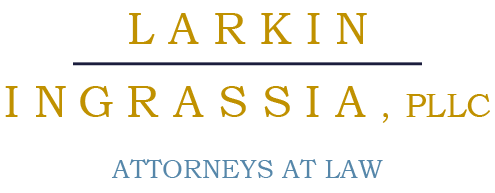Prior results do not guarantee a similar outcome.
As recently as September 25, 2012 the New York State Department of Motor Vehicles (DMV) passed regulations that effect motorists with repeated alcohol and/or drug-related driving convictions. The new regulations effect applications for re-licensure following their most recent conviction and are in addition to the statutory revocation periods for the offense itself.
Lifetime denial of re-licensure:
Drivers that are defined as “dangerous repeat alcohol or drug offenders” are subject to lifetime denial of re-licensure. The regulation defines “dangerous repeat alcohol or drug offenders” as any driver, who within his or her lifetime, has five or more alcohol or drug-related driving convictions or incidents in any combination; or any driver who, within the 25 years preceding the date of their most recent revocable offense has three or four alcohol or drug-related driving convictions or incidents in any combination and, in addition, has one or more “serious driving offenses.” Unfortunately for drivers in this category, this means they will never be re-licensed in New York State unless any of the prior convictions are vacated and dismissed or pleaded outside of a alcohol or drug-related driving offense.
5-year waiting period & 5-year restricted license for third offense:
Drivers that have 3 or 4 alcohol or drug-related convictions or incidents in any combination within the 25 years preceding the date of their most recent revocable offense but do not have a “serious driving offense” within the 25 years preceding and are currently revoked for an alcohol or drug-related conviction or incident are subject to a 5-year waiting period on an application for re-licensure. This means that upon the expiration of the 5-year waiting period, the DMV may approve their application for re-licensure. However, the DMV must impose a restriction on such individual’s license for a period of another 5 years that requires the installation of an Ignition Interlock Device (IID) on any motor vehicle owned or operated by the individual and the A2 driver restriction, which a restricted license allowing for work related and other very limited driving privileges.
2-year waiting period:
Drivers that are revoked for a non-alcohol or non-drug-related conviction; and have 3 or 4 alcohol- or drug-related driving convictions or incidents in any combination within the 25 years preceding the date of the offense for which they were revoked, will face a 2-year denial of relicensure in addition to the statutory period of revocation. The distinction between this 2-year waiting period and the 5-year waiting period depends on whether the offense that they are currently revoked for resulted from an alcohol or drug-related driving conviction or incident. If it did not result from an alcohol or drug-related conviction, then the 2-year waiting period is applicable. In the case of the 2-year waiting period, the ignition interlock device (IID) is not required since the revocation was not for an alcohol or drug-related driving conviction or incident. However, the 2-year waiting period is still followed by a 2-year restricted license pursuant to the A2 restriction.
“Serious driving offense” defined:
A “serious driving offense” is defined by the DMV regulations as any of the following: (a) a fatal accident; (b) a driving-related Penal Law conviction; (c) conviction of two or more high-point driving violations; or (d) 20 or more total points from any violations
A2 driver restriction defined:
An A2 driver restriction is a driver’s license that is treated like a restricted use license and will be revoked for the reasons that would lead to the revocation of a probationary license i.e. following too closely, speeding, speed contest, operating out of restriction, reckless driving or any two other moving violations.
Prior results do not guarantee a similar outcome. As recently as September 25, 2012 the New York State Department of Motor Vehicles (DMV) passed regulations that effect motorists with repeated alcohol and/or drug-related driving convictions. The new regulations effect applications for re-licensure following their most recent conviction and are in addition to the statutory revocation …


